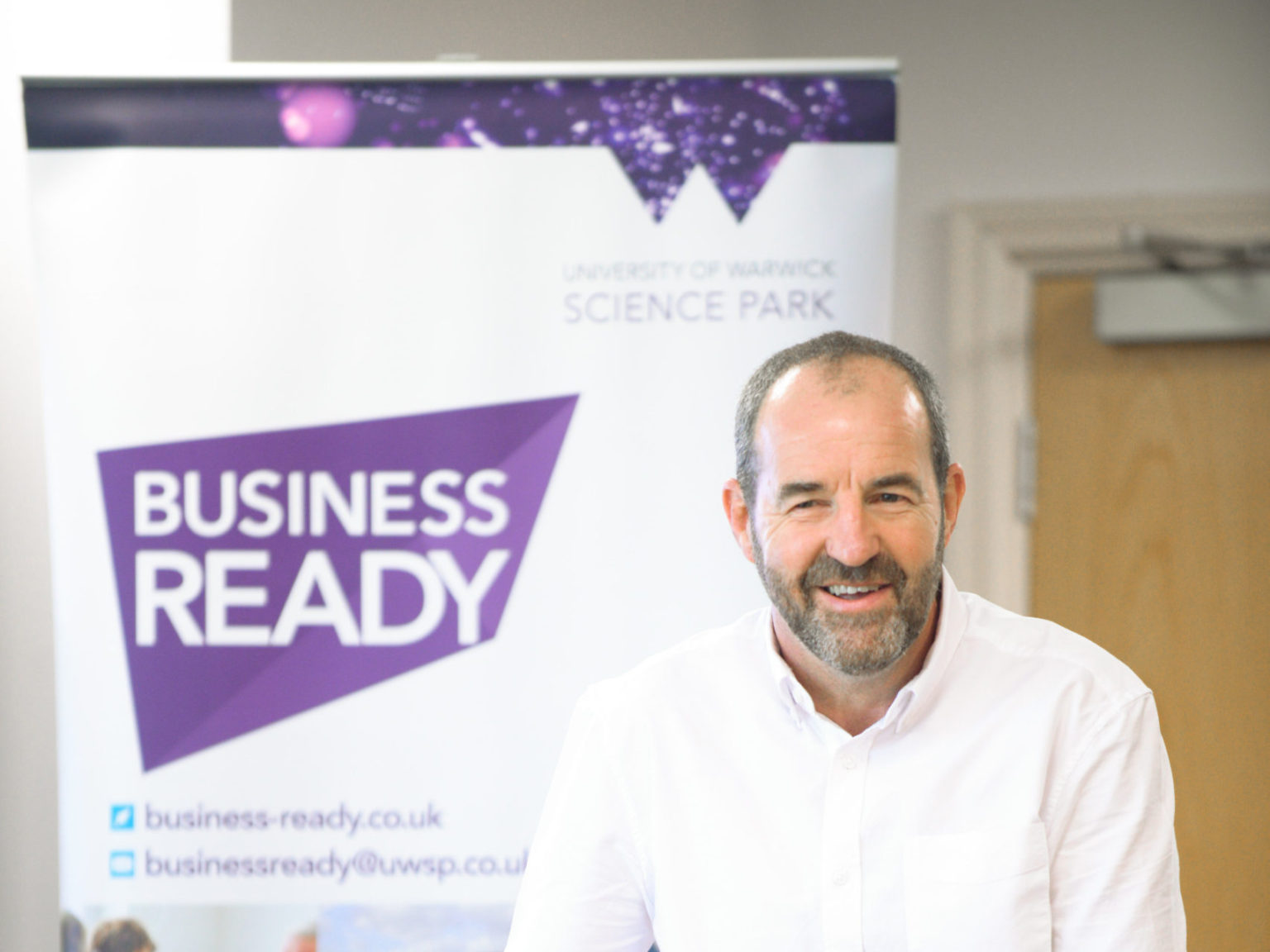
With the guidance around working from home being lifted by the Government, the responsibility is now back with businesses as to how they approach bringing their staff back.
Ian McFarlane-Toms, Programme Manager at business support provider Business Ready, run by University of Warwick Science Park assesses how flexible businesses need to be, and whether a return to pre-pandemic ways of working is the best solution.
When it comes to working from home versus working in the office, it’s fair to say the pandemic has been a game-changer.
At the start of the very first lockdown back in March 2020, businesses that were not used to home-working were left scrambling to get remote systems up and running so their company could still operate.
Now, many businesses have the systems in place to allow staff to work from home effectively – if their business is suited to home working, of course.
So, when the Government announced its decision to scrap the guidance to work from home, there is not necessarily a clear strategy for businesses as to what they should do next.
Some will ask their staff to come back full-time, and others are likely to retain a degree of flexibility due to the different benefits that home working or office working bring.
Each business will have its own solution, which is entirely dependent on the sector it works in, the size of the company, and the circumstances of its staff.
Here at the University of Warwick Science Park, many of the businesses got back into the office – at least in some capacity – as soon as they were able to throughout the pandemic.
The tenants across our sites are attracted to the Science Park in the first place because of the like-minded companies and the community environment. They value the facilitated and informal networking opportunities; the chance to share and to learn from others on a similar journey, and to bounce ideas off other entrepreneurs and our business advisers.
Some companies here had little choice, as their work was either laboratory or workshop-based, which could not be replicated from home.
But others, such as software developers, still came back to a certain extent despite being capable of doing their work entirely from home.
The incubation offices at the Venture Centre and our other Innovation Centres – which are for smaller start-ups, remained at high levels of occupancy during the pandemic, and tenants quickly returned to the office as soon as they were able each time restrictions were lifted, which suggested they really valued the in-person way of working and the community building aspect around them.
It’s clear that the office brings so many more benefits than simply being a place of work – it brings people together, which is vital for evolving new ideas, for developing the next generation of talent, and for good mental health. Whilst a 30 second walk to your ‘office’ – sometimes a kitchen table – was a novelty in the early days, there is real benefit to achieving a good work-life balance when you have to leave the house to go to work.
At Business Ready, the advice we give to businesses around this issue is not one-size-fits-all. We are encouraging businesses to understand their staff’s needs, specifically around caring responsibilities, their morale, and their productivity before making a firm decision around the approach they will take.
Over the coming months, the market in particular sectors will begin to adjust to what works best for both employers and employees, and it will be interesting to see exactly how it develops.
There have been unintended consequences for the nation working from home. When looking for jobs, employees are now paying attention to flexible working policies almost as much as salaries, such is its desirability among certain candidates.
On the other side of the coin, companies that do not have many in-person interactions could find it difficult to integrate new staff, generate new ideas from spontaneous conversations, or retain their company culture – which can be an important factor for candidates to consider.
Looking forward, there is real merit for larger organisations to consider a decentralised or regional office approach. As well as the community and networking opportunities, taking space at a Science Park could provide teams with a high-quality workspace, a shorter, greener commute, less time exposed on public transport to the winter viruses that circulate each year, and a more flexible working environment.
There’s a lot of pressure for businesses to get the balance right. We have advised our businesses to think carefully before making any big decisions to ensure they get it right for the short, medium and long term good of the company.
